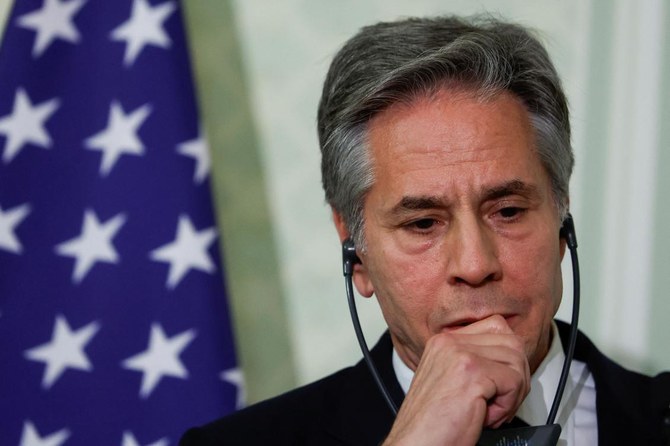
The talks ended on Thursday evening in Doha
KABUL: Wrapping up his latest round of discussions with the Afghan Taliban, US special envoy to Afghanistan, Zalmay Khalilzad, said on Friday that “faster progress” was essential in peace talks with the insurgents.
“We made steady, but slow progress on aspects of the framework for ending the Afghan war. We are getting into the ‘nitty gritty’. The devil is always in the detail,” Khalilzad said on Twitter.
“We need more and faster progress.”
The talks, the sixth round in recent months, ended on Thursday evening in Doha, where Taliban delegates and US diplomats led by Khalilzad have met to explore ways to end the war.
Representatives of President Ashraf Ghani’s government have been barred from attending closed discussions because of the Taliban’s objection to this.
The exclusion has infuriated Ghani, who is seeking re-election in September and has been demanding ownership and leadership of talks with the militants. The militants have managed to control more territory despite an increase in offensives by US and Afghan troops in recent years.
Palace officials refused to comment about the completion of the latest round of meetings between Khalilzad and Taliban.
Taliban spokesman Zabihullah Mujahid, on Thursday evening in a statement, called the talks “positive,” with both sides discussing topics including the full withdrawal of foreign forces from Afghanistan and ensuring that Afghanistan is not used as a base to harm other countries.
Mujahid spoke of “progress” on some points but said others had “yet to be finalized.”
While the Taliban and US delegates held talks, both insurgents and the Afghan government backed by American forces have stepped up their attacks in rural and urban areas.
The Taliban said that delegates of the group and Khalilzad plan to meet again for another round of discussions, but he gave no time or location for it.
Since the start of the discussions, the Taliban has been insisting on setting a timetable for the withdrawal of American troops from Afghanistan after 18 years of war that saw the removal of the Taliban’s government from power.
Khalilzad insists on a truce and direct negotiations between Kabul and the insurgents. The Taliban have refused to directly talk with the Afghan government, which the militants call a “puppet regime,” but have expressed readiness to engage with its representatives along with other political groups and Ghani’s rival for the presidential elections.
Last week, an Afghan grand council, or Loya Jirga, appealed to both the Taliban and Kabul for enforcement of an immediate and permanent cease-fire beginning with Ramadan, which started on May 5.
But the Taliban turned it down and since then has staged two complex attacks, one in the northern province of Baghlan and one days ago against a US-based and funded group in Kabul, where nine people lost their lives.
“We all know that the war here has gone on for 40 years, it is a complex one and there are so many regional and international players involved in it,” Taj Mohammed Ahmadzada, an Afghan analyst, told Arab News.
“Finding a solution for it will require time and consensus, both at a national level and (in the) international sphere. Now, the sticking point in the current talks has been the Taliban insisting on a timetable for the pullout of American troops while Khalilzad wants a cease-fire first. Unless there is a middle ground or one side shows leniency, finding a quick solution cannot be easy.”
Fazl Ahmad Manawi, a former chief justice of Afghanistan, believes that the talks between the Taliban and the US are far more complicated than they look.
“Both sides are emphasizing their stances and (this) will not be easily and quickly resolved,” Manawi said.
“Taliban ideologically insist on their position, which is the withdrawal of foreign forces, and the other side has its red lines. There will not be a quick outcome from such talks,” Manawi said.












